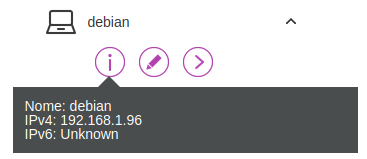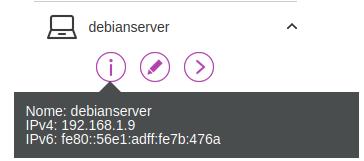this post was submitted on 18 Jan 2024
22 points (86.7% liked)
Linux
48062 readers
691 users here now
From Wikipedia, the free encyclopedia
Linux is a family of open source Unix-like operating systems based on the Linux kernel, an operating system kernel first released on September 17, 1991 by Linus Torvalds. Linux is typically packaged in a Linux distribution (or distro for short).
Distributions include the Linux kernel and supporting system software and libraries, many of which are provided by the GNU Project. Many Linux distributions use the word "Linux" in their name, but the Free Software Foundation uses the name GNU/Linux to emphasize the importance of GNU software, causing some controversy.
Rules
- Posts must be relevant to operating systems running the Linux kernel. GNU/Linux or otherwise.
- No misinformation
- No NSFW content
- No hate speech, bigotry, etc
Related Communities
Community icon by Alpár-Etele Méder, licensed under CC BY 3.0
founded 5 years ago
MODERATORS
you are viewing a single comment's thread
view the rest of the comments
view the rest of the comments


So, several people share the router and can modify settings...
That's a recipe for trouble.
I do external support for small businesses. When I work, configure etc. sometning, I change the password. I write the password on a piece of paper and put it in an envelope. Then I sign across the sealed flap. That envelope is handed to the customer. If I cease to work for them or something happens to me, they can open it and retrive the password. If something goes belly up, I ask for the envelope. If the envelope has been tampered, I wash my hands, and chrge handsomly to solve the issue.
I'd reset it, and then make someone responsible for doing things to the router, that way everyone knows what's going on.
whel this is clever XD